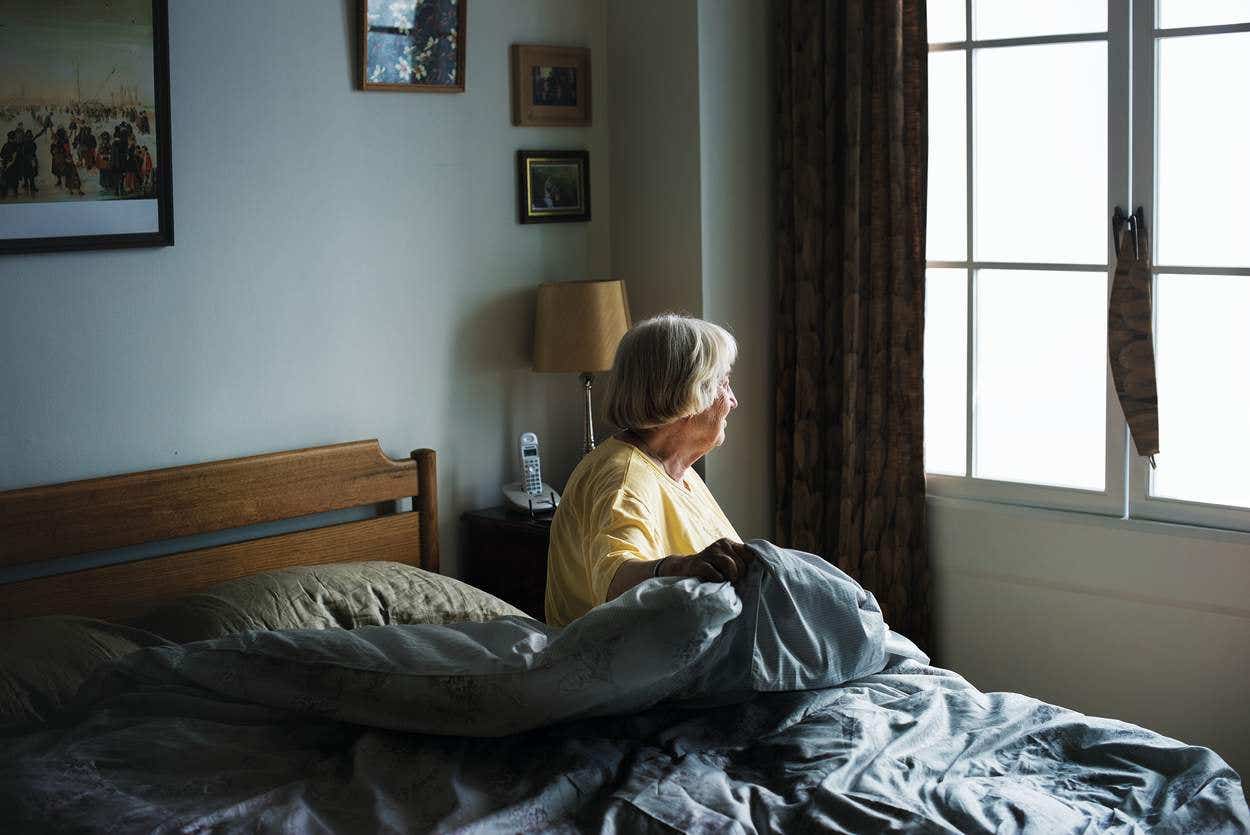Loneliness and social isolation pose significant risks to the elderly, study finds
While social isolation and loneliness present a significant risk to the aging population, studies show they may be tied to future memory loss

Both social isolation and loneliness present a significant risk to the aging population. (CREDIT: Elder)
About a third of Canadians feel lonely, which, according to a study from the University of Waterloo published in the Archives of Gerontology and Geriatrics, has a greater negative impact on memory than social isolation. However, both loneliness and social isolation pose significant risks to the aging population.
Loneliness is a subjective feeling that can occur even when participating in social activities. It is often linked to depression and increased stress hormones, which can impair memory.
Researchers at Waterloo studied how social isolation and loneliness affect memory in middle-aged and older adults over six years. They examined four scenarios: being both socially isolated and lonely, only socially isolated, only lonely, and neither.
“As we expected, people who were both socially isolated and lonely had the greatest decline in memory, which intensified over the six years,” said Ji Won Kang, the lead author and a PhD candidate in the School of Public Health Sciences. “But we were surprised to find that loneliness alone had the second-greatest impact on memory, even though so many studies report on the dangers of social isolation without considering loneliness.”
Those who are socially isolated but not lonely might maintain their mental capacity through solo activities such as reading, playing games, and engaging in hobbies that stimulate the brain and improve memory, despite not engaging in social interactions.
Related Stories
Kang hopes the research findings will highlight the need for community programs, especially for older adults who are both socially isolated and lonely, as they are at the highest risk of memory impairment.
“Older adults in the lonely category often have lower incomes than the other groups and may face structural barriers and health conditions that prevent them from connecting to their communities,” she said. “A solution could be to implement transportation or home-visit programs—something to address the societal issues that lead to them being more isolated.”
The group that is just lonely is the next priority, requiring a different approach.
“We need to know what is causing their loneliness,” Kang said. “They may be connected socially and have close relationships, but, for example, maybe their marriage is falling apart, and they would benefit from counseling.”
Note: Materials provided above by the The Brighter Side of News. Content may be edited for style and length.
Like these kind of feel good stories? Get the Brighter Side of News' newsletter.
Rebecca Shavit
Science & Technology Journalist | Innovation Storyteller
Based in Los Angeles, Rebecca Shavit is a dedicated science and technology journalist who writes for The Brighter Side of News, an online publication committed to highlighting positive and transformative stories from around the world. With a passion for uncovering groundbreaking discoveries and innovations, she brings to light the scientific advancements shaping a better future. Her reporting spans a wide range of topics, from cutting-edge medical breakthroughs and artificial intelligence to green technology and space exploration. With a keen ability to translate complex concepts into engaging and accessible stories, she makes science and innovation relatable to a broad audience.



